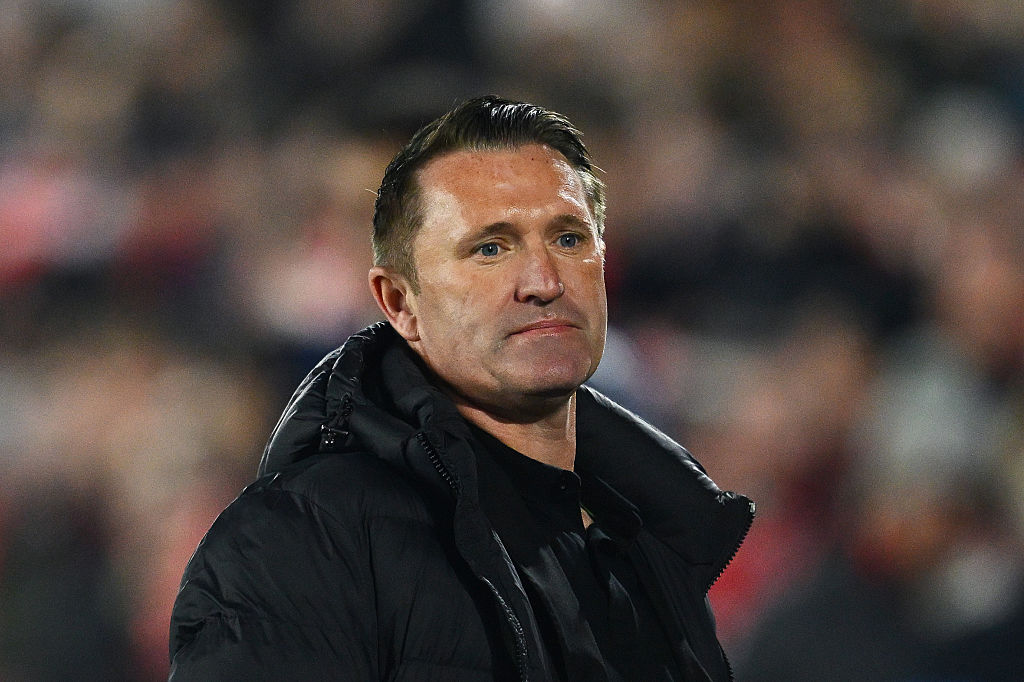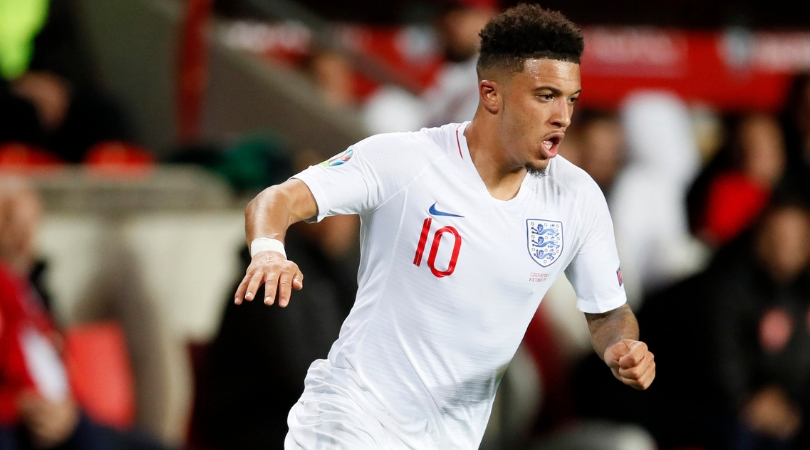
Golden boys
English trio Jadon Sancho, Mason Mount and Phil Foden are all in the running for this year’s Golden Boy award – a prestigious prize handed to the best under-21 player plying his trade in a European nation’s top flight.
In this slideshow, we remember the previous winners dating back to 2003 – and examine whether or not they lived up to their potential…
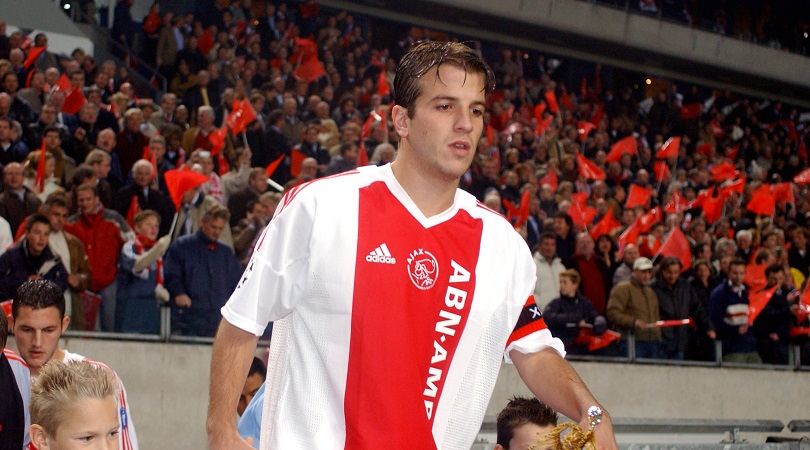
2003: Rafael van der Vaart (Ajax)
Van der Vaart was a two-time Eredivisie champion before turning 22, having collected winner’s medals in 2002 and 2004. A preciously talented midfielder, the Dutchman struck 14 league goals in 2001/02 and another 18 the following campaign, but injuries soon took their toll and he stunned many in his homeland – Johan Cruyff among them – by moving to Hamburg in 2005.
Three years later Van der Vaart was turning out for Real Madrid, but his two seasons in the Spanish capital yielded no trophies and he moved on to Tottenham in 2010. The Dutchman was popular at White Hart Lane and stayed for two years before re-joining Hamburg, and retired last November after a spell in Denmark with Esbjerg... to begin his professional darts career. Yes, really.
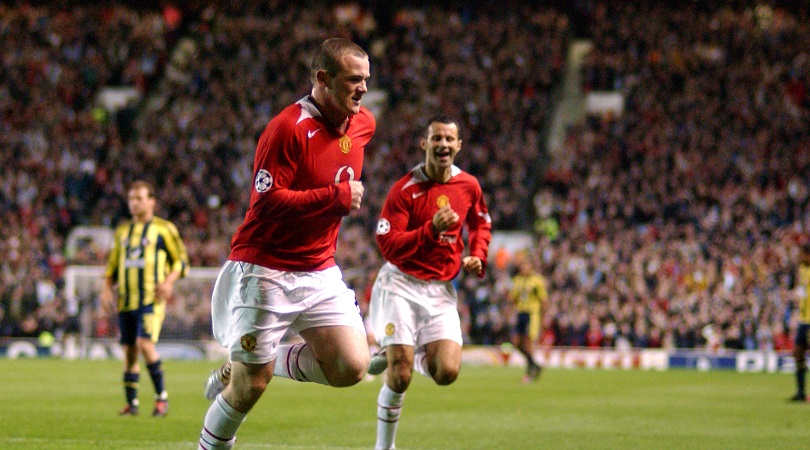
2004: Wayne Rooney (Everton/Manchester United)
Having followed up two seasons in Everton’s first team with an excellent Euro 2004 for England, it was only a matter of time before the country’s golden boy moved on to bigger things. Newcastle wanted him; Manchester United got him for a shade over £25m – at the time a record for a player under the age of 20.
Rooney achieved a Premier League-best haul of 11 goals in his debut campaign, then followed that with 10 more seasons of double figures (including two above the 25 mark), firing United to five title wins and a Champions League trinket in the process. He returned to Everton in 2017, before moving to DC United a year later.
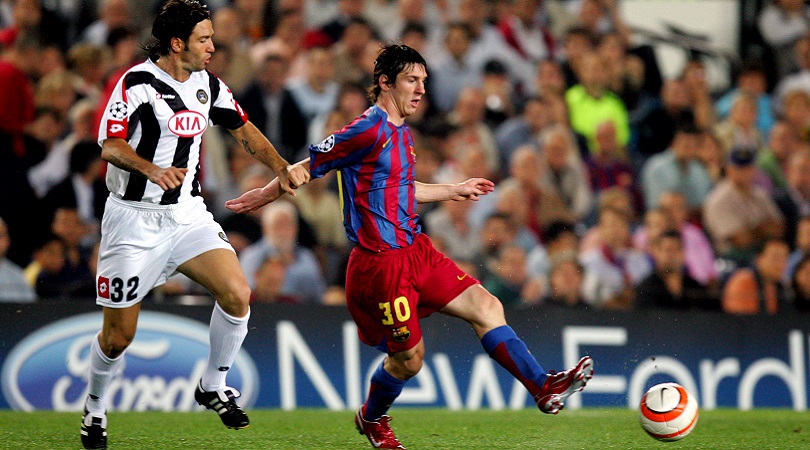
2005: Lionel Messi (Barcelona)
“Best in the world? I’m not even the best at Barça,” Brazilian magician Ronaldinho chuckled to FourFourTwo in late 2005 – and this wasn’t false modesty. The buck-toothed trickster’s brilliance was mesmeric but frustratingly fleeting, unlike Messi who has lasted the course and somehow managed to get better with age.
Back then the Argentine wasn’t the free-scoring freak of today, but his dribbling skills dropped jaws and he was already considered among the best in the world when he was barely out of his teens. Ten La Liga titles with Barcelona and another four in the Champions League only tell a portion of the story for a player who's scored 604 goals in 692 games for his only club.
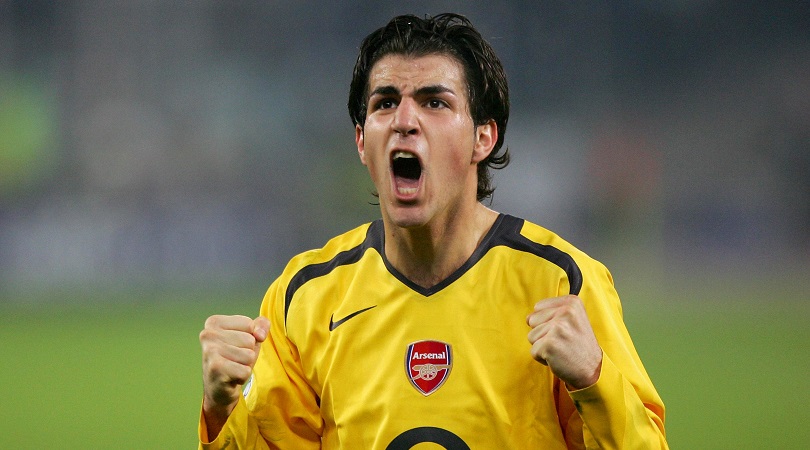
2006: Cesc Fabregas (Arsenal)
Fabregas left boyhood club Barcelona for Arsenal in 2003, reasoning that his chances of first-team football were greater in north London than Catalonia. The Spaniard established himself in the starting XI in 2004/05, before being forced to take on a great weight of responsibility when Patrick Vieira joined Juventus that summer.
Fabregas stepped up to the plate admirably, and by the time of his Golden Boy triumph in 2006, he was already over three-quarters of the way to 100 appearances in the Premier League. Trophies largely eluded him at Arsenal (the 2005 FA Cup apart), so he returned home to win La Liga with Barcelona in 2011 and later lifted two Premier League titles at Chelsea.
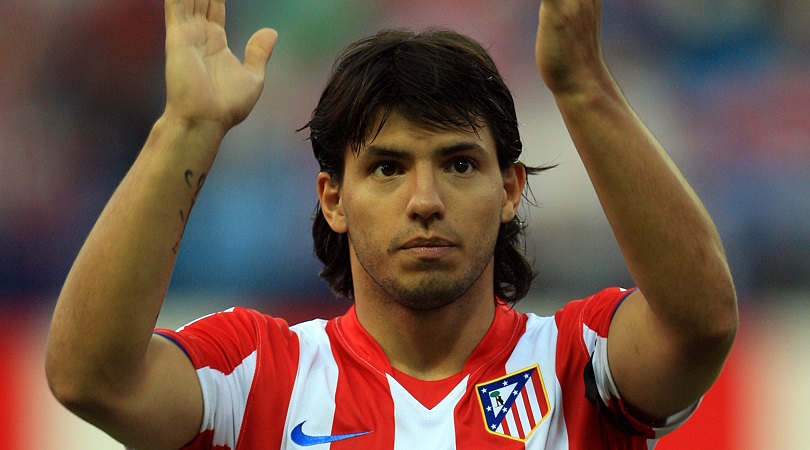
2007: Sergio Aguero (Atletico Madrid)
Aguero made his senior debut as a 15-year-old, so the Manchester City man has always had to deal with high expectations. After swapping Independiente for Atletico Madrid in 2006, the Argentine did a brilliant job of replacing the Liverpool-bound Fernando Torres, with seven goals in his first 11 matches proving enough to land him the coveted Golden Ball.
Since then he’s never failed to hit double figures for league goals, demonstrating remarkable consistency in both Madrid and Manchester. He is City’s record scorer with 239 goals, and last year penned a contract extension tying him to the club until 2021.
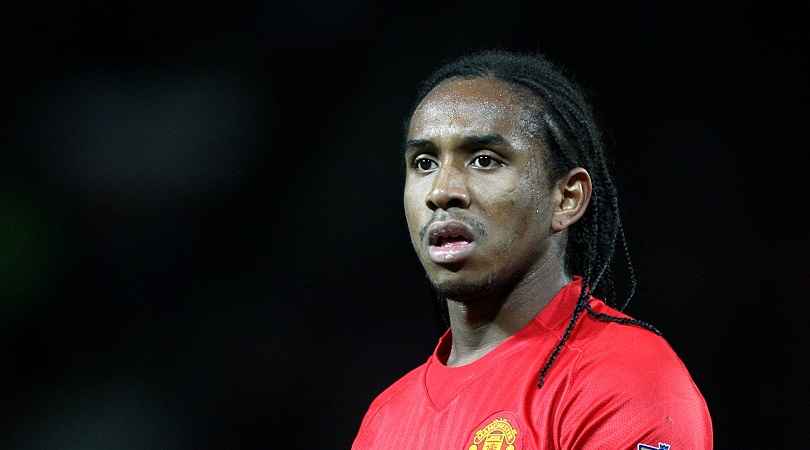
2008: Anderson (Man United)
Anderson was dubbed the ‘new Ronaldinho’ after some superb early performances for Gremio as an attacking midfielder, and Porto wasted little time in bringing him across the Atlantic after just 19 league appearances for the Brazilian side. Alex Ferguson was convinced after a single season in Portugal, snapping up the then-19-year-old for £20m in 2007.
Yet things never really clicked for the Brazilian at Old Trafford, even if he did end up staying for eight years. Injuries didn’t help his cause – and nor did the consistently brilliant Paul Scholes – but few fans mourned his departure when he opted to return to Brazil with Internacional in 2015. Now 31, he’s already retired after a spell with Adana Demirspor in Turkey.
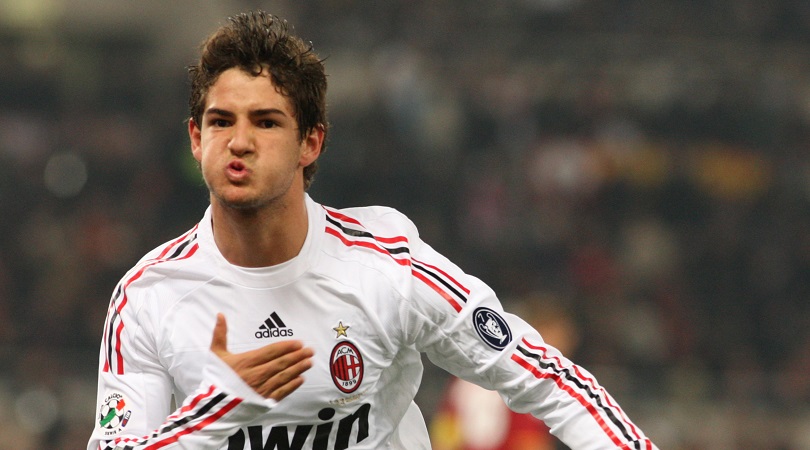
2009: Alexandre Pato (Milan)
Milan paid around £13m for Patro in 2007, and the striker responded with nine goals in his first 18 Serie A games. For the first four seasons things went swimmingly for the Brazilian; while it took until his final positive season of 2010/11 to win the title with Milan, the striker had bagged 50 league goals in 102 games for the Rossoneri up to that point.
But then came the injury problems. First there was a thigh issue, then a muscle strain after an aborted move to PSG, then another thigh aggravation. It was the beginning of the end for Pato at Milan; he’s since turned out for Corinthians, Sao Paulo, Chelsea, Villarreal and Tianjin Quanjian and is now back home at Sao Paulo.
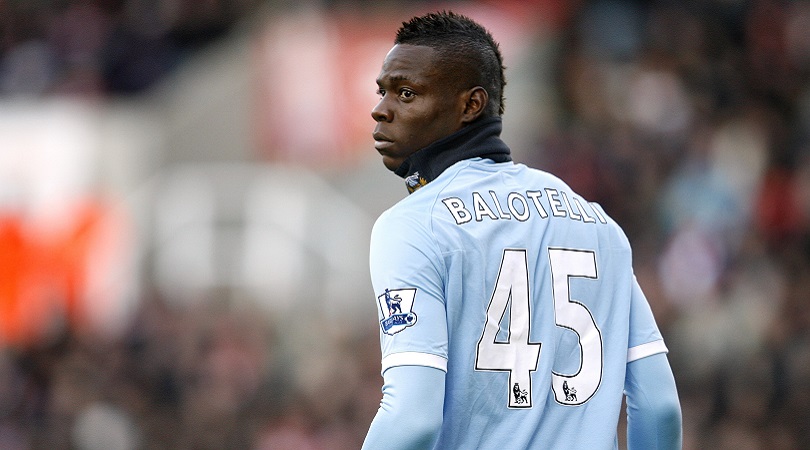
2010: Mario Balotelli (Inter/Manchester City)
Flash cars, fireworks, darts, t-shirts and trouble with training bibs: sadly for Balotelli it’s these, and not his actual football, that he’s best remembered by. And yet back in 2010 it all looked so promising. Having hit 20 Serie A goals in 54 appearances before his 20th birthday, Balotelli was proving himself as a young footballer who was backing up his chat on the pitch.
Unfortunately for the striker, things soon went south. He was sent packing to Milan when Roberto Mancini tired of his antics, before Brendan Rodgers bafflingly took him to Liverpool. He enjoyed a renaissance of sorts in France with Nice and Marseille, before sealing a romantic return to his newly-promoted hometown club Brescia in the summer.
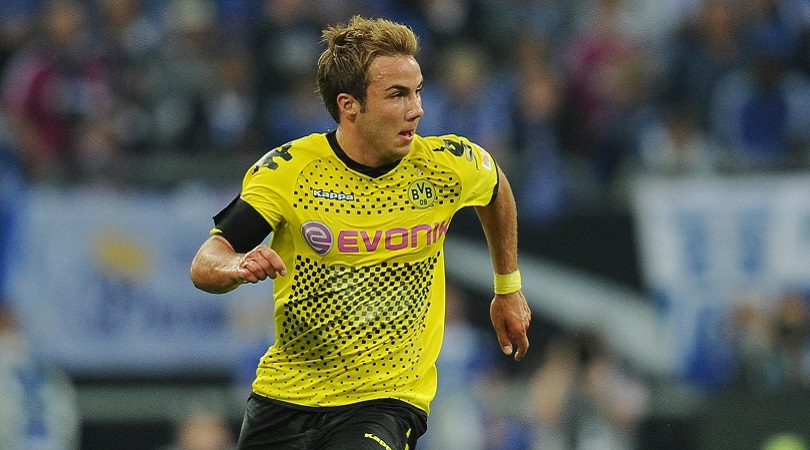
2011: Mario Gotze (Borussia Dortmund)
Poster boy of Jurgen Klopp’s youthful Dortmund revolution, Gotze was the 2010/11 Bundesliga’s second-highest assister as his team beat Bayern Munich to the title. The attacking midfielder began the following campaign in similar form – Dortmund lost only three of their first 16 matches, but two of those came when their young prodigy was suspended.
His award in December was well deserved, but it was followed by a hip injury that practically ended his season. Dortmund won the title again and Gotze stayed put for another season before being lured to Bavaria by Bayern. Game time proved hard to come by in Munich, though, and the World Cup winner returned to BVB with his tail between his legs in 2016.
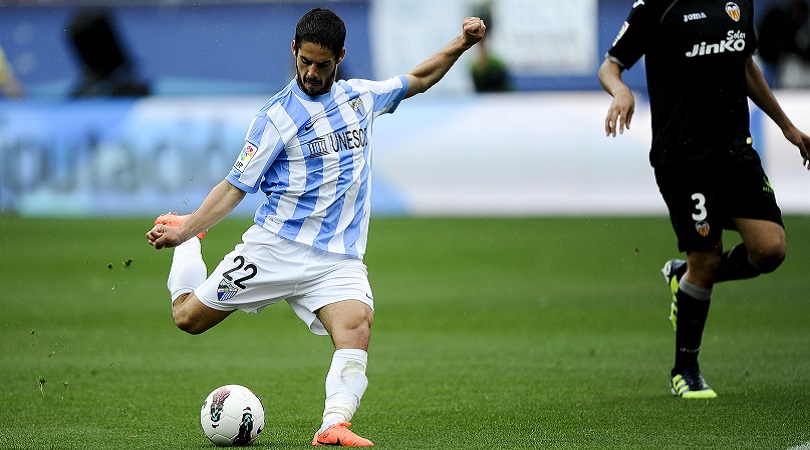
2012: Isco (Malaga)
A production line which has featured David Silva, Juan Mata and Ever Banega shows that Valencia know a thing or two about developing young playmakers, but Isco was one they let slip through their grasp in 2011. The Spanish schemer made just four league appearances for Los Che before joining Malaga, who took advantage of a ludicrously low buyout clause to sign him for €6m.
Isco made an immediate impact in Andalusia, helping Malaga into the Champions League places, then starred as Manuel Pellegrini’s men almost reached the semi-finals of Europe’s foremost competition. He then shone at international level as Spain won the Under-21 European Championship, before joining Real Madrid – with whom he’s already won four Champions Leagues – in 2013.
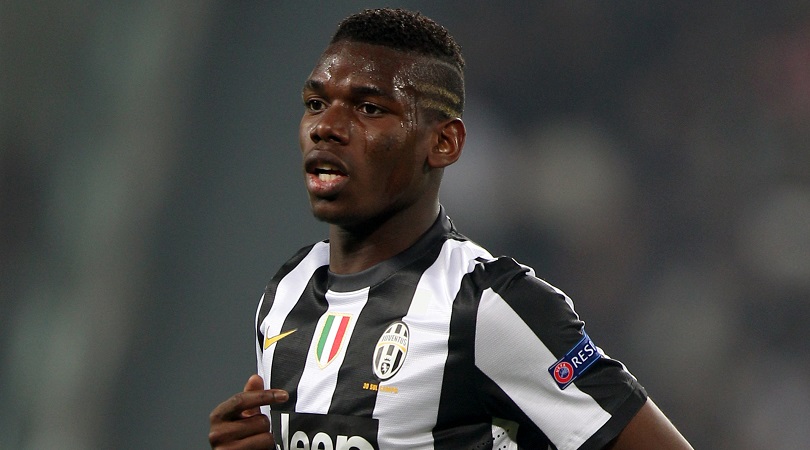
2013: Paul Pogba (Juventus)
After joining Juventus on a free transfer from Manchester United in summer 2012, Pogba became a regular starter midway through his debut campaign, catching the eye with his impressive blend of athleticism and technique. He started 13 of Antonio Conte’s men’s 17 matches between the start of January and the beginning of May, ending the season with five goals to his name and a Serie A winner’s medal around his neck.
The midfielder became even more integral to the Bianconeri in subsequent years, and by the time of his return to former club Manchester United in 2016 he’d won four league titles and two Coppas Italia. Things haven’t really gone to plan back at Old Trafford, but he was integral to France’s World Cup triumph last summer.
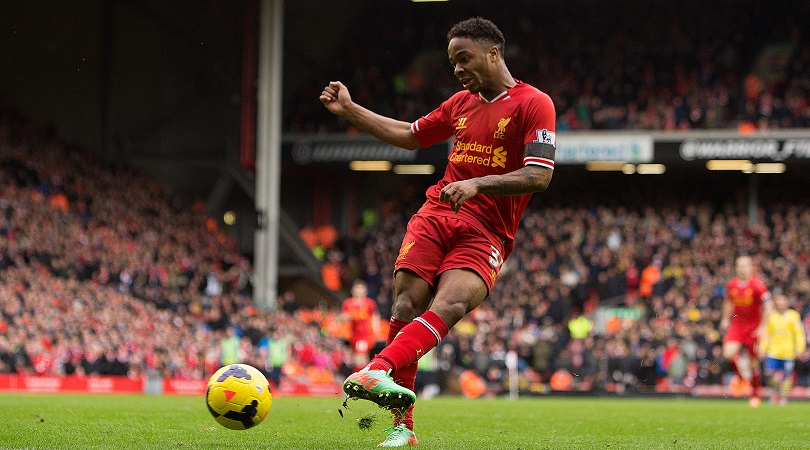
2014: Raheem Sterling (Liverpool)
It may have been Luis Suarez and Daniel Sturridge’s goals that lifted Liverpool into title contention in 2013/14, but Sterling was another essential member of Brendan Rodgers’ thrilling outfit. He became even more integral the following season, when Suarez was strutting his stuff for Barcelona and Sturridge was consigned to the treatment table. Liverpool were disappointing in 2014/15, but Sterling’s performances contributed to him winning the Golden Boy award shortly after his 20th birthday.
He then joined Manchester City in summer 2015, but a £49m price tag seemed to take its toll at first: the winger impressed in flashes, but his debut season at the Etihad Stadium was a little underwhelming. Sterling has since flourished under Pep Guardiola, though, winning back-to-back Premier League titles and becoming talismanic for club and country.
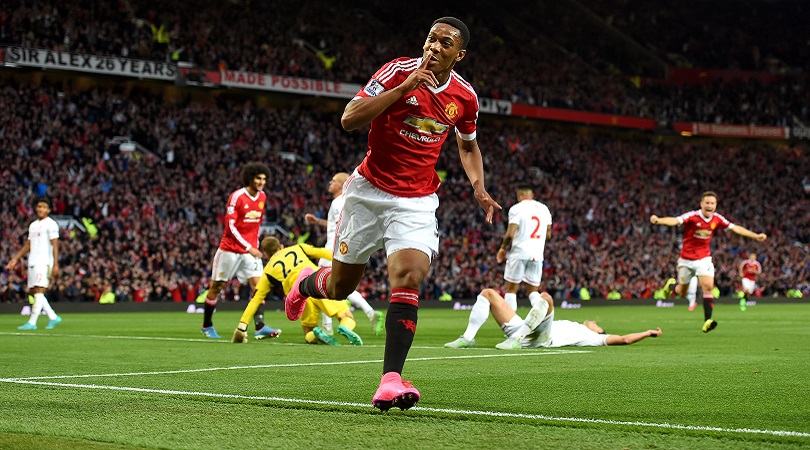
2015: Anthony Martial (Monaco/Manchester United)
Martial scored 11 goals for Monaco in the second half of the 2014/15 campaign, with his domestic form leading to a first senior call-up for France in August. Days later Manchester United paid an initial £26m to bring the then-19-year-old to England, a move dismissed as a panic buy by many at the time.
Martial soon silenced the doubters, scoring a stunning solo goal on his debut against Liverpool and netting a brace against Southampton the following weekend. He’d already become a regular for United by the end of 2015, and it was no surprise to see him named Golden Boy in December. The Frenchman has shown flashes of his ability since then, but a difficult relationship with Jose Mourinho checked his progress and he has struggled to find a new lease of life under Ole Gunnar Solskjaer.
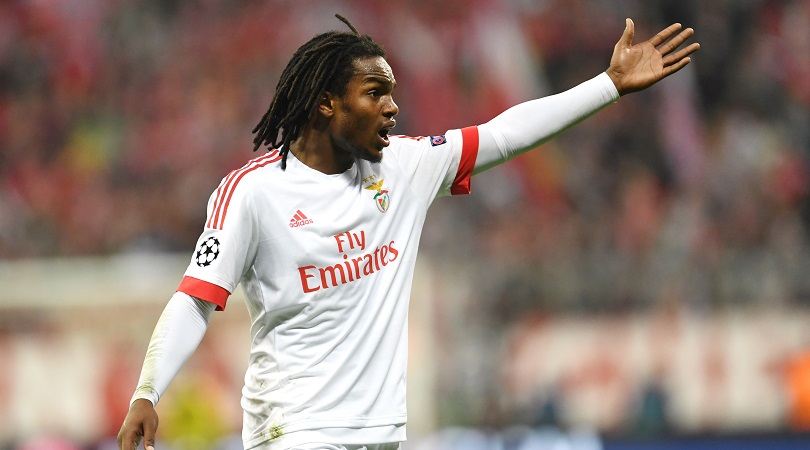
2016: Renato Sanches (Benfica/Bayern Munich)
Forget what you saw of him at Swansea: Sanches was a rightful recipient of this award in 2016. Having broken into Benfica's first team with a string of bustling showings in central midfield, the teenager was a standout performer for Portugal as they won the European Championship in France that summer.
His first year at Bayern proved overwhelming, though, and Sanches never truly recovered from a difficult debut. He was scarcely trusted by manager Carlo Ancelotti, who could regularly call upon a crop of more experienced and reliable stars instead, but he returned to Bavaria looking to rebuild his career after that ill-fated stint in south Wales. Sanches departed Germany for French side Lille over the summer.
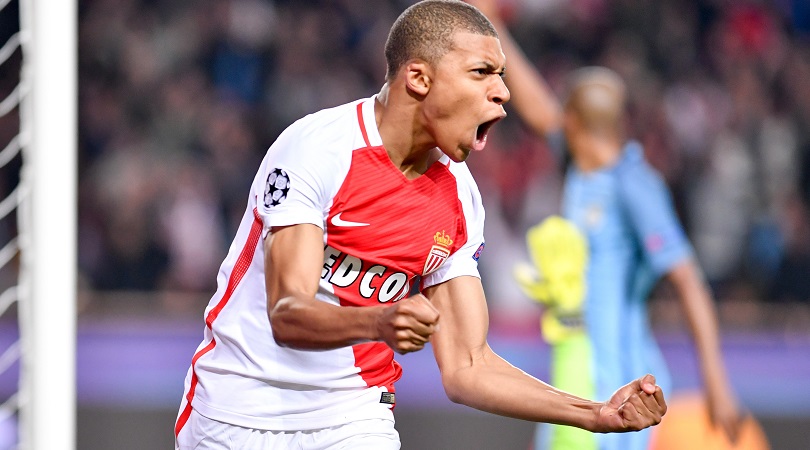
2017: Kylian Mbappe (Monaco/PSG)
Mbappe reached the halfway mark of 2017 by becoming the second-most expensive player in football history when PSG agreed a potential €180m to sign him (once an initial season-long loan had been completed). Better still, he looked absolutely worth it after helping fire Monaco to a shock Ligue 1 title and the semi-finals of the Champions League.
The forward continued his upward trajectory alongside Neymar and Edinson Cavani in the capital, before starring in France’s triumph at the 2018 World Cup. Golden boy indeed.
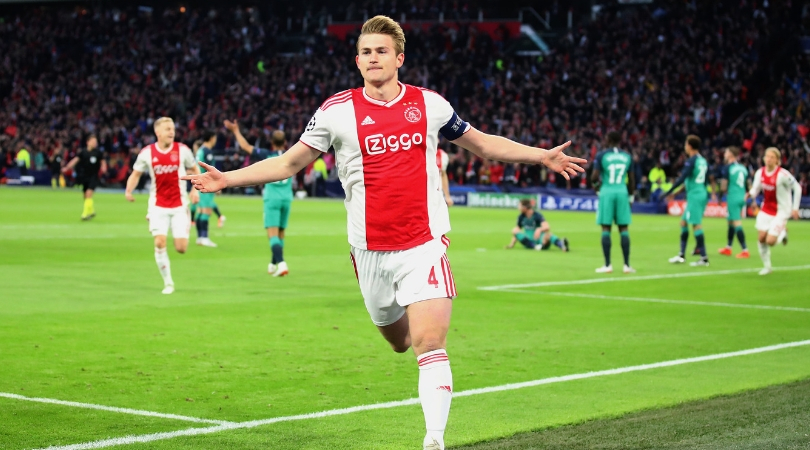
2018: Matthijs de Ligt (Ajax)
The centre-back was one of the standout performers of a remarkable Ajax side that stunned Europe with its run to the semi-finals of the Champions League last seasonn. As the Dutch club's youngest ever captain, De Ligt was a rock at the heart of defence, showing maturity and composure beyond his years. He was also an aerial threat at the other end of the pitch, where he plundered seven goals in all competitions.
He was left to take his pick of Europe’s top clubs this summer and opted to team up with Cristiano Ronaldo at Juventus – the team he'd helped knock out of Europe with a goal just months earlier. Scarily, De Ligt is so young that he’s on the Golden Boy shortlist once again this year.
Greg Lea is a freelance football journalist who's filled in wherever FourFourTwo needs him since 2014. He became a Crystal Palace fan after watching a 1-0 loss to Port Vale in 1998, and once got on the scoresheet in a primary school game against Wilfried Zaha's Whitehorse Manor (an own goal in an 8-0 defeat).
 Join The Club
Join The Club











